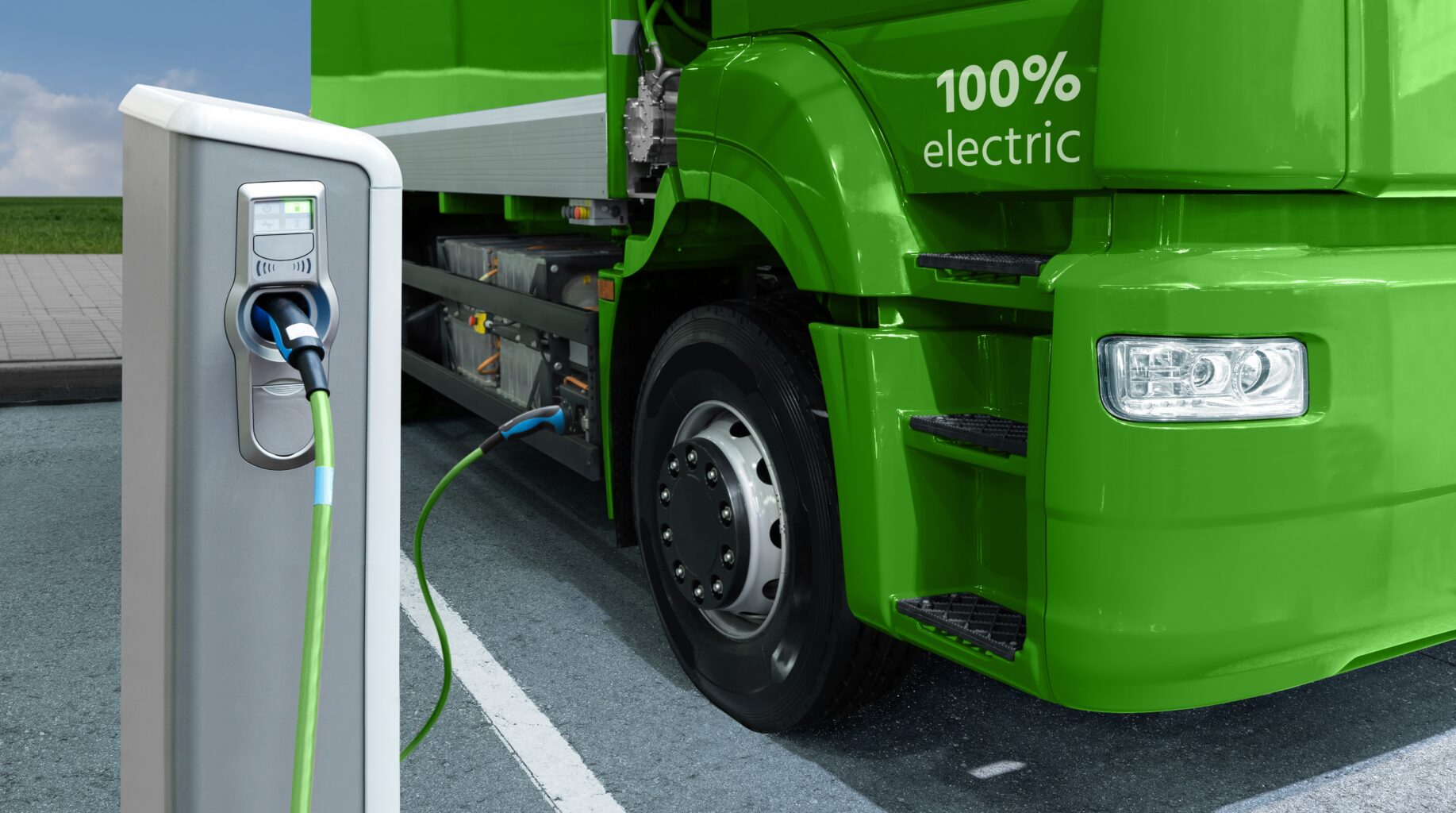In our media training, we teach that journalists choose to write stories that meet the T.R.U.T.H. criteria. Not only must it be true, but ideally is Topical, Relevant, Unusual, Troublesome and Human.
So to Rivian, a maker of electric trucks. That has just recalled all 13,000 of its sold vehicles due to an issue with a loose nut which in the most extreme instances could apparently cause the driver to lose steering control.
The early years of any disruptive technology are often plagued by over-optimism, false starts and product shortages. And so with electric vehicles (EVs). So much promise, so slow delivery. For instance, Tesla – one of the world’s most valuable company’s by market capitalisation but only the 20th largest by unit sales – sold fewer than a million cars in 2021 (compared to Toyota’s 9.5 million) from total global sales of almost 67 million.
With much media coverage focused on limited battery ranges and recharging points, along with a shortage of components and critical minerals, what the industry doesn’t really need is a reliability issue as well.
The Rivian story was certainly Topical – something has happened, is happening or is about to happen. And it was also typical of one particular type of Topical story – the bandwagon story – highlighting other product recalls in the EV sector. And helpfully the stories involved peril for Humans. Like tiny Arizona-based EV start-up, Nikola which this month recalled all 93 of the trucks it has built due to an improperly installed seatbelt; and Toyota forced to recall 2,700 of its first EVs due to concerns the wheels could fall off; in 2021, Hyundai recalled 82,000 EVs globally to replace their batteries after 15 reports of fires involving the vehicles.
The EV industry is Relevant to consumers and investors – in the UK, sales of new petrol and diesel cars are banned from 2030. Product recalls are common in the automotive industry and people want to know whether new EVs are reliable. Alas, it seems the EV sector is no different to their combustion engine cousins. A case perhaps of a story tackling whether something is Unusual and finding that sadly it is all to Usual!
The media certainly invoked Trouble, rehashing lots of past bad news about Rivian. In an article of only 371 words, the Financial Times managed to point out that Rivian’s market capitalisation of almost $30bn is just a third of its November 2021 floatation value; that earlier this year the company had halved its production target for 2022; and that its second-largest shareholder, Amazon, is going to buy thousands of trucks from a rival producer (implying a lack of investor confidence).
The Financial Times reported analyst, Dan Ives, as saying: “The last thing any Rivian investor wants to see in a shaky market is a broad recall that hurts the brand”. Rivian’s shares fell about 7% on the day but the real issue for Rivian is the constant drip of bad news about itself and the sector as a whole. As he looks to steady the company, maybe the CEO also hopes that this new sector’s growing pains will soon be behind them and that a rising tide will lift all boats.
Contact us to explore how our story-led media training can help your spokespeople: 020 7323 2770 or andrew@electricairwaves.com

